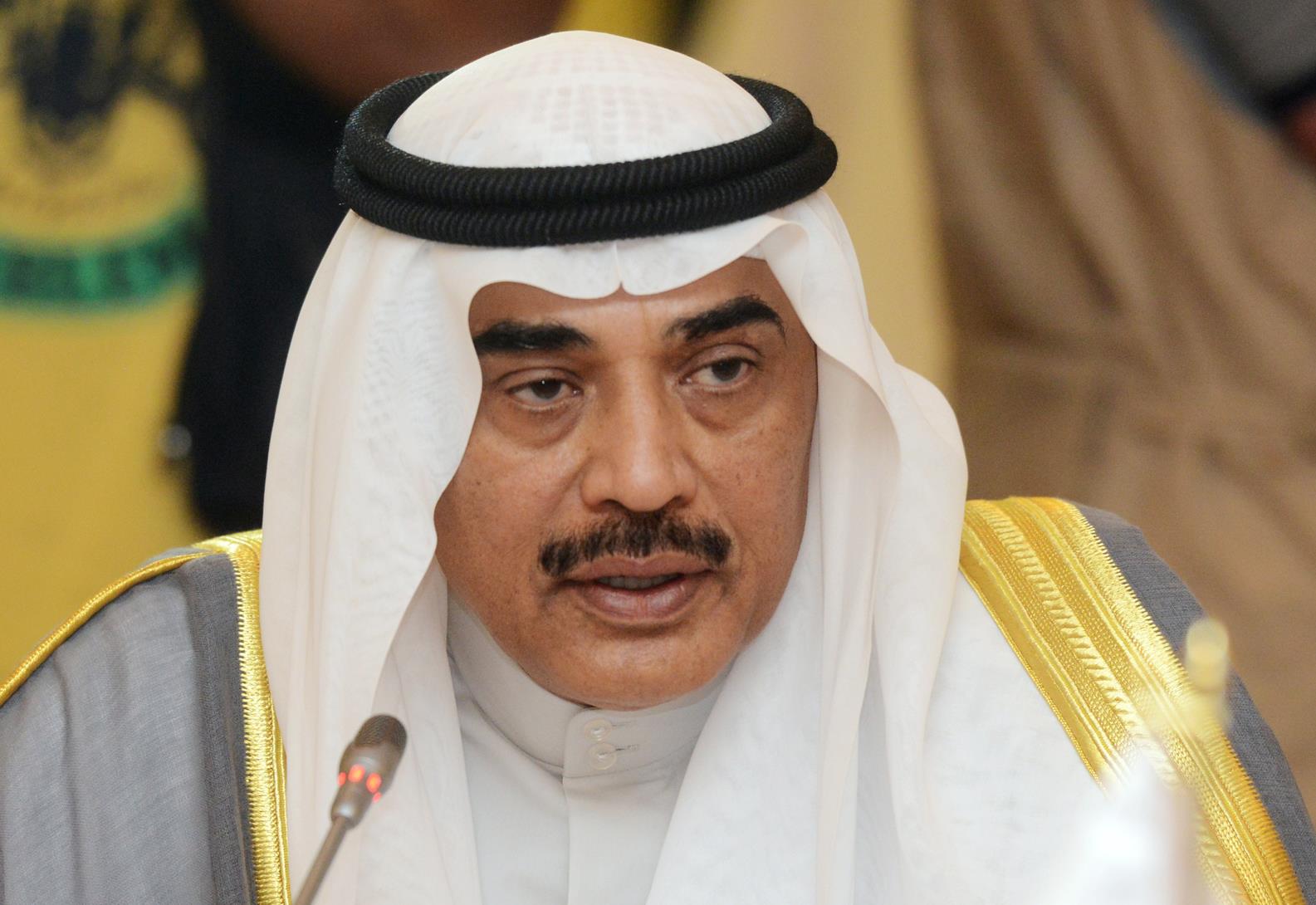Persian Gulf Mediator Says Qatar ‘Ready to Understand’ Region's Concerns

EghtesadOnline: Persian Gulf crisis mediator Kuwait said on Sunday that isolated Qatar was “ready to understand” the concerns of its neighbors and bolster stability in the region, in a sign that the week-old spat may be easing.
According to Bloomberg, Kuwaiti Foreign Minister Sheikh Sabah Al-Hamad Al-Sabah said his country would not abandon mediation efforts until the impasse was resolved, the state-run KUNA news agency reported. Qatari leaders are “willing to hold dialogue” to end the crisis, he said.
Anwar Gargash, the United Arab Emirates’ minister of state for foreign affairs, retweeted the Kuwaiti remarks from France 24, and then added in a separate message: “Is this the beginning in which wisdom and reason prevail? I hope so.”
Saudi Arabia, the U.A.E., Bahrain and Egypt last week cut diplomatic relations and transport links with Qatar, saying the country must distance itself from Iran and stop funding Islamist groups, plunging the region into its biggest crisis in decades. Qatar denies such charges and says the Saudis are seeking to dominate smaller nations in the neighborhood.
“Qatar has no other choice but to work on resolving the crisis,” said Sami Nader, head of the Beirut-based Levant Institute for Strategic Affairs. “There is a lot at stake here.” Saudi Arabia’s main demand “will be for Qatar to end its indirect support for” opposition groups in Saudi and Bahrain, he said.
Tiny Qatar is the world’s No. 1 exporter of liquefied natural gas, with a $335 billion sovereign wealth fund that owns stakes in global companies from Volkswagen to Glencore and Barclays. But its influence goes beyond money, being home to the media network Al Jazeera -- which at various times has embarrassed or angered most Middle Eastern governments -- and hosting the forward headquarters of CENTCOM, the U.S. military’s central command in the region. It is also scheduled to host the 2022 soccer World Cup.
U.S. Allies
The Kuwaiti-backed search for a solution has been buffeted by conflicting signals emanating from Washington as the Trump administration navigates among American allies in the Gulf.
In his latest message supportive of the Saudi-led move, President Donald Trump on Friday said he backed the isolation of Qatar, saying Doha has historically “been a funder of terrorism at a very high level” and that has to stop. He spoke little more than an hour after Secretary of State Rex Tillerson urged the Saudi coalition to ease its “blockade” of Qatar, saying it was hindering the fight against Islamic State and provoking food shortages.
Tillerson phoned Saudi Deputy Crown Prince Mohammad Bin Salman on Sunday and the two discussed efforts to combat terrorism and “funding of terrorist organizations in a bid to achieve security and stability in the region,” state-run Saudi Press Agency reported.
The trio of Gulf states said earlier on Sunday that they would ease orders expelling Qataris, making some exceptions on humanitarian grounds for those married to citizens of the three countries. Hotlines have been set up to review cases, according to statements carried by the Saudi, Emirati and Bahraini news agencies.
Chief Rivals
The crisis has been driven in part by the regional rivalry between Sunni-led Saudi Arabia, the Middle East’s strongest Sunni power, and Shiite Iran, which has cordial relations with Qatar, known for its contradictory ties. Qatar says the Saudi charges against it are a ploy for regional dominance, but frictions have been mounting for years over Qatar’s backing of the Muslim Brotherhood in Egypt and its Hamas offshoot in the Gaza Strip.
Capital flight has been a looming potential danger since Saudi Arabia and its allies began tightening the noose, but S&P Global Ratings said that Qatari banks are strong enough to survive the pullout of all Gulf money.
There have been no orders to withdraw money from Qatari banks so far, but the Saudi central bank has ordered lenders not to increase their exposure to Qatari clients. It has also told banks licensed in the kingdom not to process payments denominated in Qatari riyals, people familiar with the matter said last week.
On Sunday, Bahrain’s central bank told financial institutions to freeze the accounts of people and groups named on a list issued by the Saudi-led bloc that said they were involved in terrorism. The list, endorsed by the United Arab Emirates, Egypt and Bahrain, includes 12 entities and 59 individuals.


